Let's take a look at the PS5 DualSense and Xbox Series X controllers

Revolution
PS5 DualSense controller
Pros
- Light bars moved
- Adaptive triggers
- Haptic feedback
- USB-C charging
- Built-in microphone
- Create button
Cons
- Symmetrical thumbstick layout
- Triggers are not as ergonomic
The DualSense doesn't completely diverge from the DualShock lineup, but it is Sony's biggest departure in design in well over a decade. The handgrips are more ergonomic than the DualShock 4's, and it adds haptic feedback and adaptive triggers to make it more tactile and add a level of immersion that wasn't present on its predecessor.
Evolution
Xbox Series X/S controller
Pros
- Improved ergonomics
- Impulse triggers
- Share button
- Asymmetrical thumbstick layout
- Hybrid 8-directional D-pad
- Compatible with Xbox One
Cons
- AA batteries
Microsoft's philosophy appears to be, "If it ain't broke, don't fix it." The Xbox Series X controller is almost identical to its predecessor, apart from a few key upgrades like the share button and the 8-directional D-pad. It even still uses AA batteries to give players a choice between them and rechargeable ones. It works with the Xbox One as well.
Controllers can make or break your console experience, leading many to buy the best PS5 controllers or best Xbox controllers available. It's by far the most important accessory and one you'll spend the most time with. A controller needs to feel good to hold while offering near-instant response times. They're the perfect example of form meeting function. That's why Microsoft and Sony both tweak their controller designs with each new generation of consoles.
If you're deciding between the DualSense vs. Xbox Series X controller, we've done all the legwork to help you make the best decision. The PS5 DualSense controller certainly offers a unique aesthetic that breaks from the traditional look of older PlayStation controllers. On the other side, Microsoft finely tuned its already-proven formula to give the Xbox Series X some minor, but no less important, tweaks over the Xbox One controller while retaining its well-known form factor.
PlayStation went for revolution while Xbox went for evolution
At first glance, the Xbox Series X controller isn't a huge departure from the Xbox One. This is in stark contrast to Sony's DualSense design, which overhauled the DualShock lineup to give it a modernized look and feel. The Series X controller seems to be a small step forward in Microsoft's case, though that shows how well Microsoft initially crafted the Xbox One controller.
Sony decided to take a big leap. The DualSense now features haptic feedback and adaptive triggers — which were already present on the Xbox One controller to an extent — and it added some much-needed textures to the thumbsticks, triggers, and grips, along with face buttons and a D-pad that actually look tactile as opposed to the squishy buttons on the DualShock 4.
| PS5 DualSense controller | Xbox Series X controller | |
|---|---|---|
| Buttons | PS button, touchpad, four face buttons (X, O, Triangle, Square), two triggers, two bumpers, Create, Options, D-pad, two thumbsticks | Xbox home button, Menu, View, four face buttons (A, B, X, Y), two triggers, two bumpers, Share, D-pad, two thumbsticks |
| Price | $70 MSRP | $60 MSRP |
| USB-C | Yes | Yes |
| Share button | Yes (Create) | Yes |
| Haptic feedback | Yes | Yes |
| Trigger layout | Symmetrical (inline) | Asymmetrical (offset) |
| Trigger type | Adaptive triggers | Impulse triggers |
| Battery | Internal (1,560mAh) | 2x AA batteries |
| Textured grips | Yes | Yes |
| Touchpad | Yes | No |
| Microphone | Yes | No |
| Audio jack | 3.5mm | 3.5mm |
| Compatibility | PS5, PC, Android, iOS | Xbox Series X, Xbox Series S, Xbox One, PC, Android iOS |
| Dimensions | 6.3in x 2.6in x 4.2in | 6in x 2.47in x 4in |
| Weight | 280g | 287g |
| Release date | November 12, 2020 | November 10, 2020 |
Doubling down on content creation and sharing
Content creation will be more important than ever in the coming years. Last generation saw the explosion of online streaming through websites Twitch and YouTube, and it's never been easier to share gameplay clips or screenshots to social media. Sony pioneered this with the Share button on the DualShock 4, and it does the same with the Create button on the DualSense.
From what we've seen with the Share button on Microsoft's controller, it allows you to easily access and share content on social media or with your friends. You'll no longer need to go through several menus to capture a screenshot or record gameplay.
The difference between Impulse and Adaptive triggers
Sony and Microsoft are implementing ways to make gaming more immersive through adaptive and impulse triggers. These allow for a greater sense of depth with motors that can convey what you're experiencing in-game through rumble or tension. They do work a bit differently from one another, though.
Adaptive triggers used on the DualSense are more advanced than Microsoft's technology with its impulse triggers. They allow for players to feel the tension in their actions, like drawing a bowstring. The different variations of tension working in tandem with haptic feedback create a level of immersion that was otherwise impossible.
Xbox's impulse triggers have rumble motors that can emit distinct vibrations depending on what you are doing in-game, even going so far as to give players a sense of directionality through the feedback. Combining this with the rumble motors in the chassis of the controller itself heightens the experience.
How haptic feedback improves immersion
PlayStation 5's DualSense and the Xbox Series X controller use haptic feedback, a more advanced type of rumble technology. This is separate from the adaptive and impulse triggers on either controller, but it works together with that technology to create a more profound sense of touch and more realistic simulation. As Sony puts it, haptic feedback can add "a variety of powerful sensations you'll feel when you play, such as the slow grittiness of driving a car through mud."
With haptics, you truly feel a broader range of feedback, so crashing into a wall in a race car feels much different than making a tackle on the football field. You can even get a sense of various textures when running through fields of grass or plodding through mud.
USB-C vs. AA batteries
Though Microsoft and Sony both decided to use USB-C ports on their controllers, Microsoft made the odd decision to retain the AA batteries. So while you can still buy rechargeable batteries for the Xbox Series X controller separately, many people will be stuck replacing the AA batteries every so often, just like with the company's previous controllers.
Like before, the DualSense uses an internal battery that will be charged via USB-C this time, ramping up the connection speed and taking less time to fully charge. USB-C is the new norm, so there were really no surprises here. Keeping the AA batteries is even more surprising.
Design changes
The PS5 DualSense features a more radical departure from its predecessor. The entire chassis is reshaped for better ergonomics, with new textured grips and thumbsticks as well. The angles of the triggers were slightly changed, though they still don't appear to be angled like those of the Xbox Series X, which follow the natural resting position of your finger better. The bumpers also appear to be larger, giving players a bigger surface to use.
Even the buttons themselves are different. On the DualShock 4, the buttons always felt squishy and less tactile. The buttons on the DualSense provide better feedback.
Over on the Xbox Series X controller, the textures were changed up a bit to provide a better grip no matter what you are.
We added a tactile dot pattern on the triggers and bumpers, which provides grip to improve feel and performance during gameplay. That's something we've had on special edition controllers, and fans love it. Now it's the new standard. A similar, yet more subtle pattern is on the grips. The D-pad, bumpers, and triggers now have a matte finish to maintain a smooth, consistent feel, whether your hands are wet or dry.
As for the new D-pad, it now features an 8-directional faceted dish as opposed to the 4-directional D-pad on the Xbox One controller. This makes it more similar to the D-pad on the Xbox 360 controller, but with added precision. This design is a hybrid of the one used on the Xbox One Elite controller.
Bottom line
Sony is offering up many new features, but Microsoft finely-tuned a formula that was near-perfect to start. Whatever the case, both feel right at home in this new generation. Those looking for an immersive experience will undoubtedly want to get their hands on the DualSense with its adaptive triggers and precise haptic feedback.
A sense of touch
PlayStation DualSense Wireless Controller
A strong upgrade
$69 at Amazon $70 at Best Buy $69 at Walmart
If the DualSense represents the type of console the PlayStation 5 will be in the coming years, I'm incredibly excited. Sony added essential features to make gaming more immersive than ever while retaining the bright spots of the DualShock 4.
Immersion
Xbox Series X/S controller
Minor revisions for a better feel
$50 at Microsoft $50 at Amazon $43 at GameStop
Microsoft took the opposite approach to Sony and only delivered some minor design tweaks on the Xbox Series X controller, but that's only because its predecessor was so good to begin with.
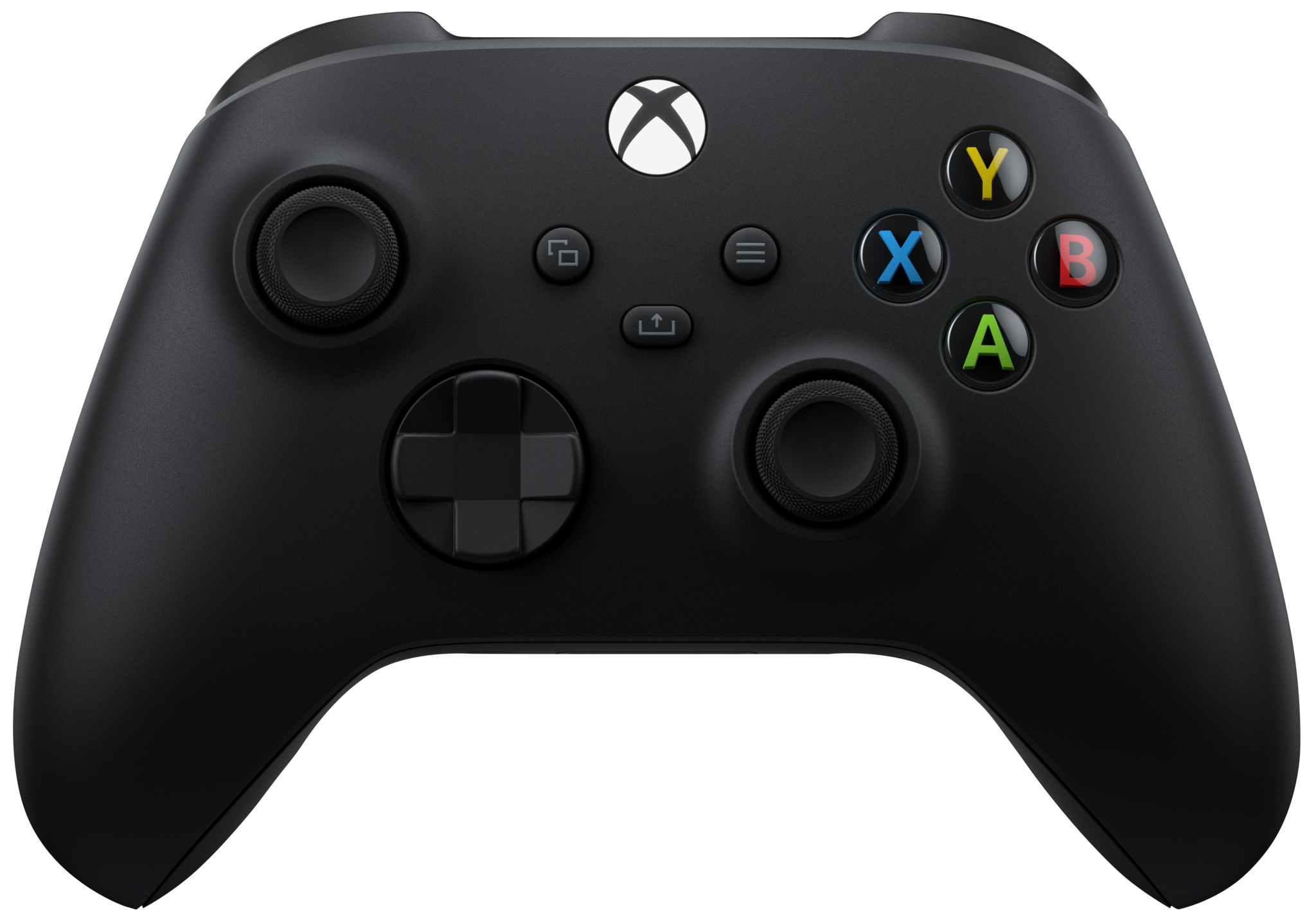
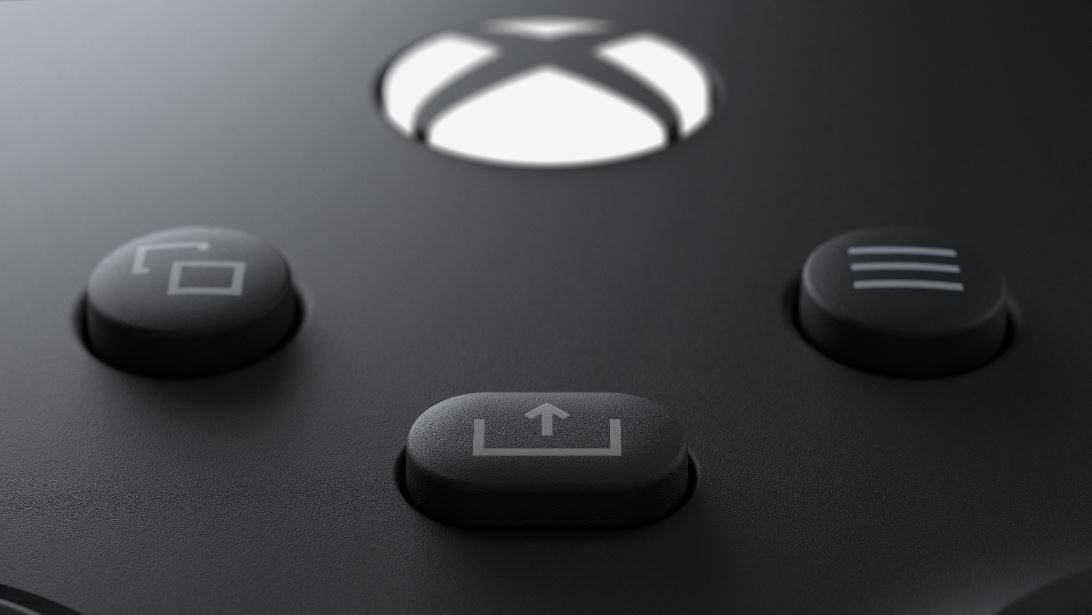
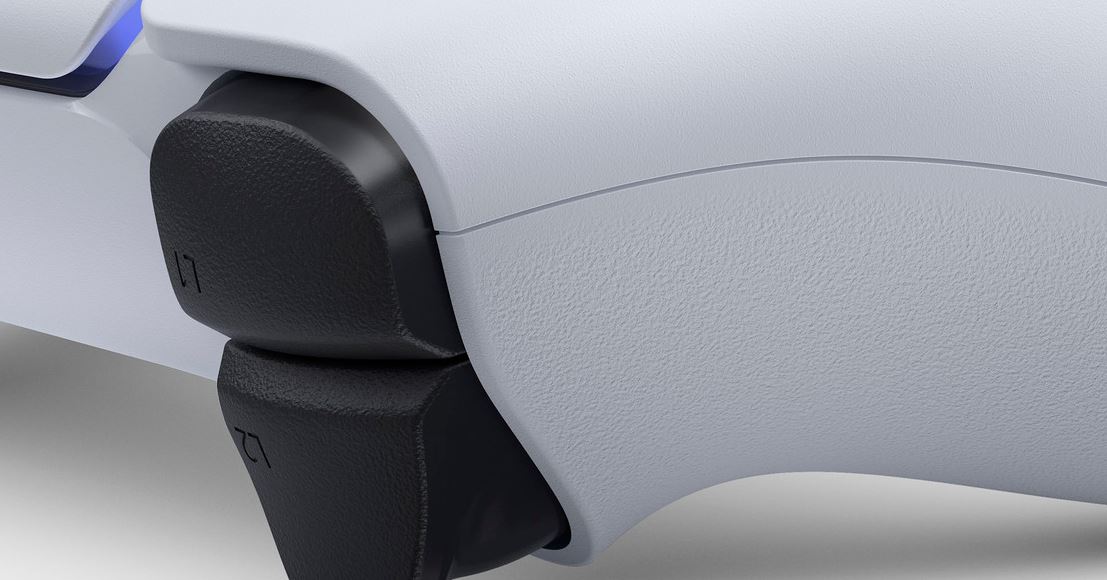
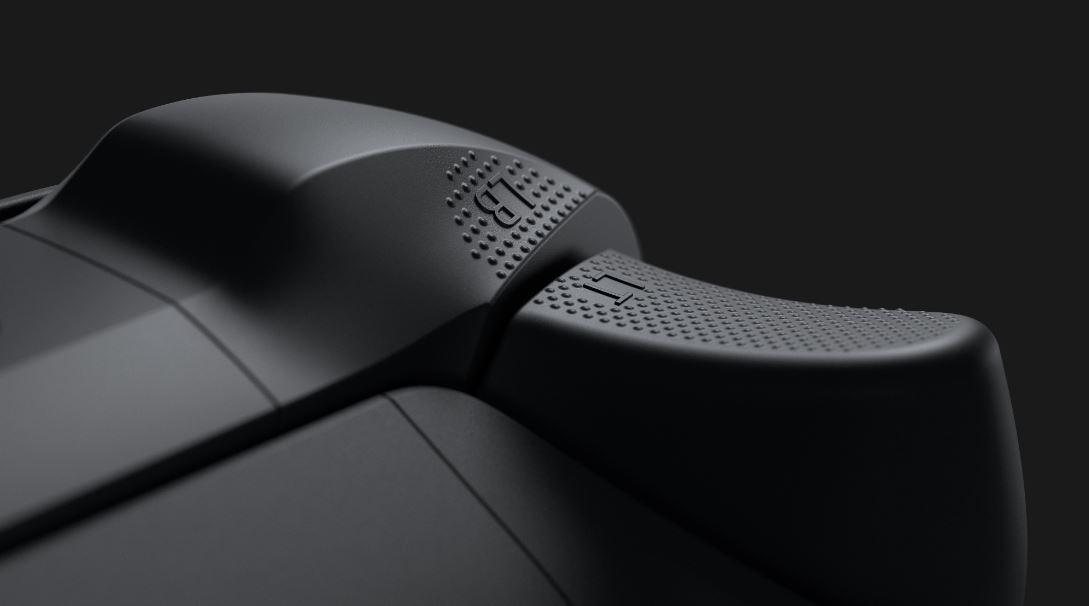
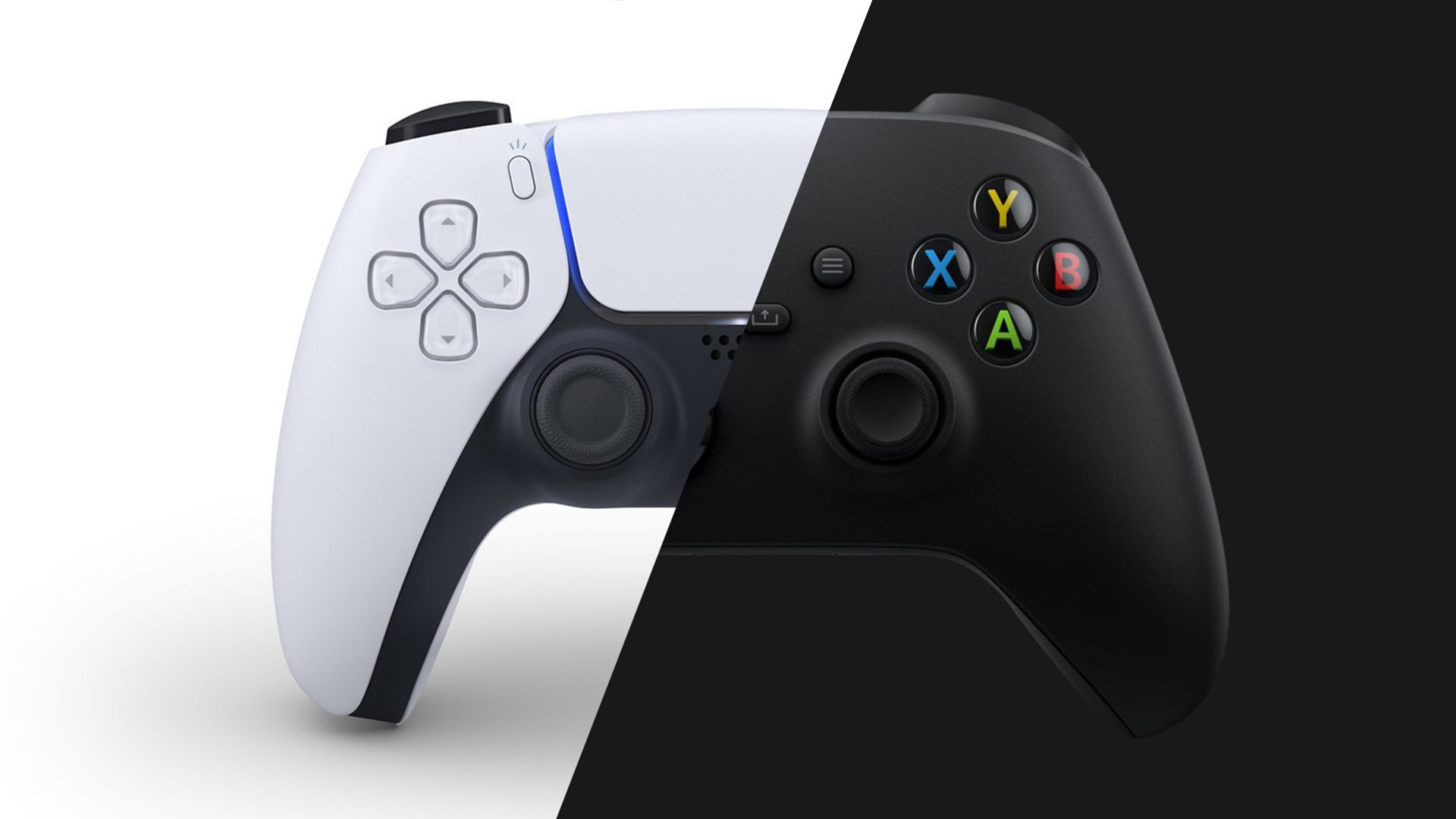
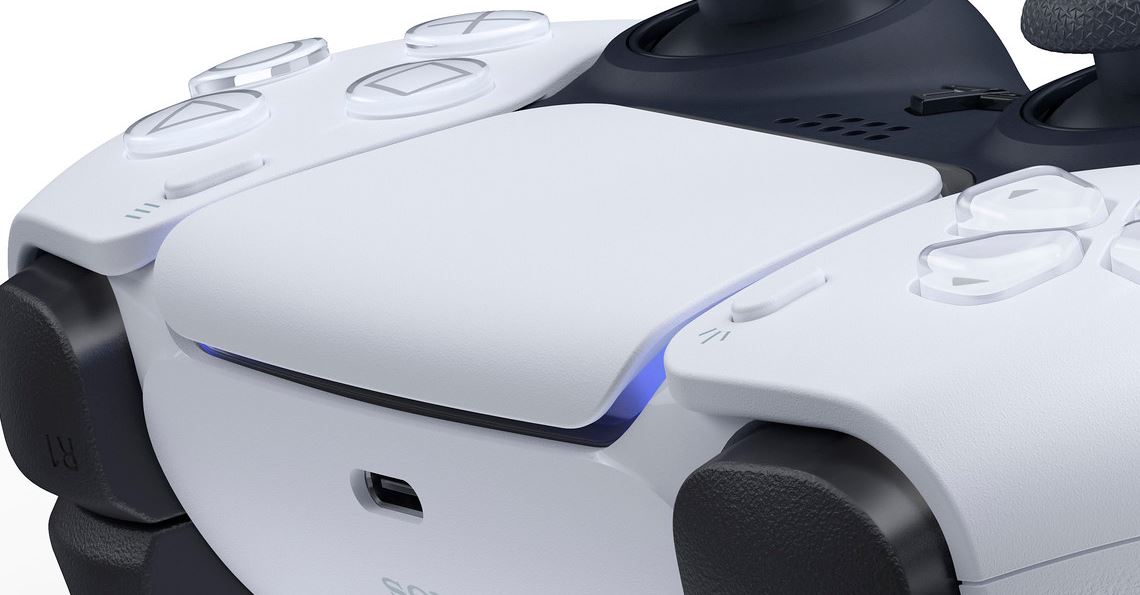
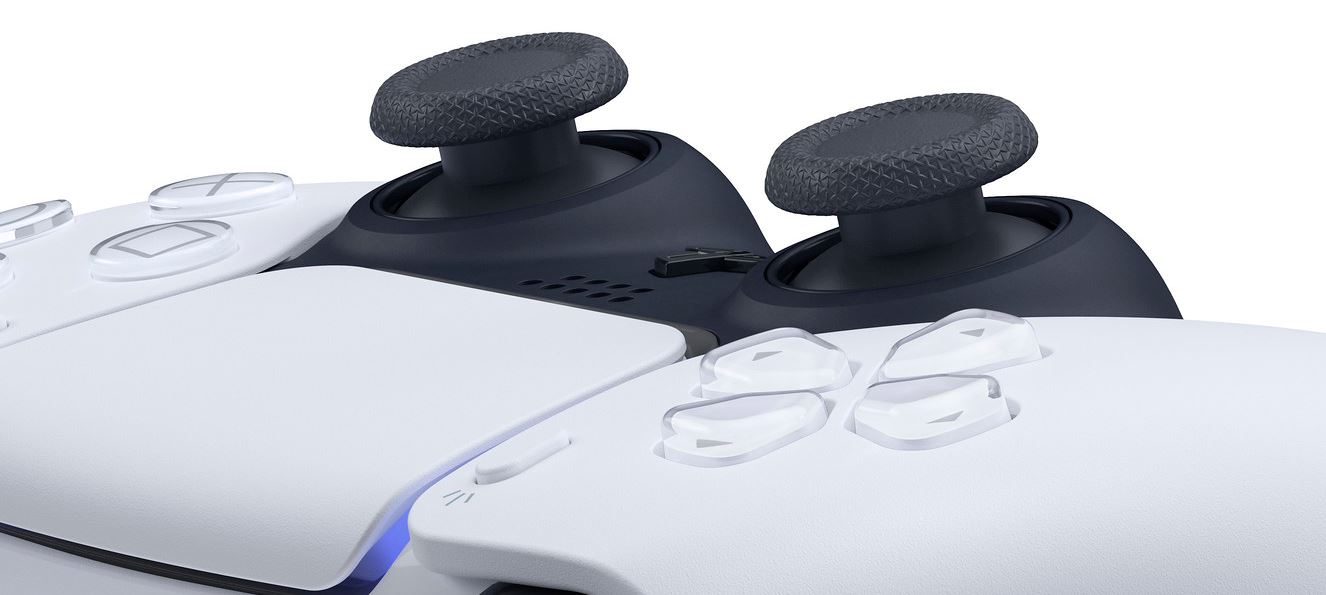
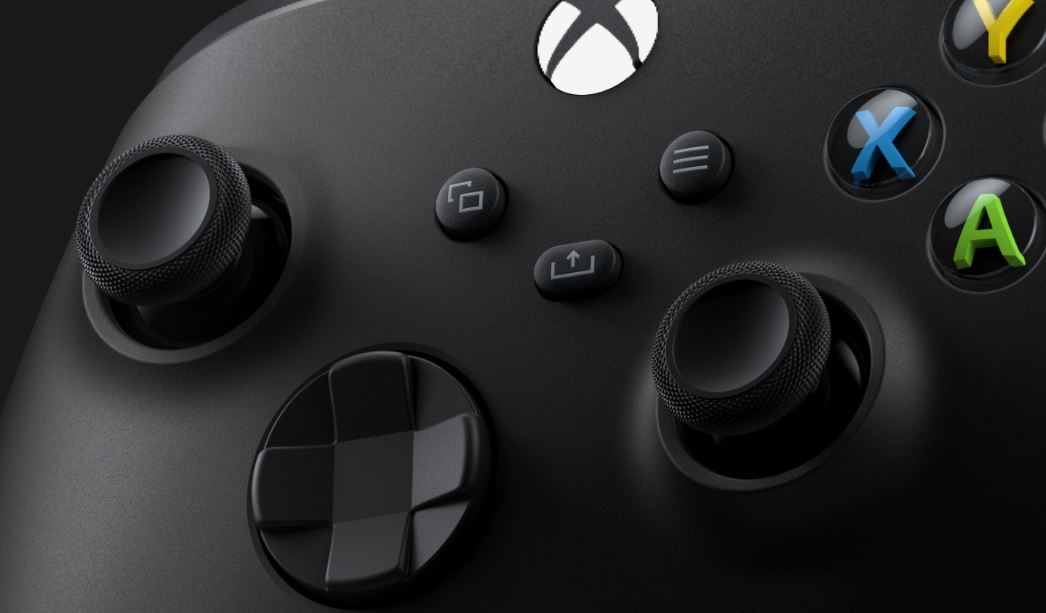
No comments